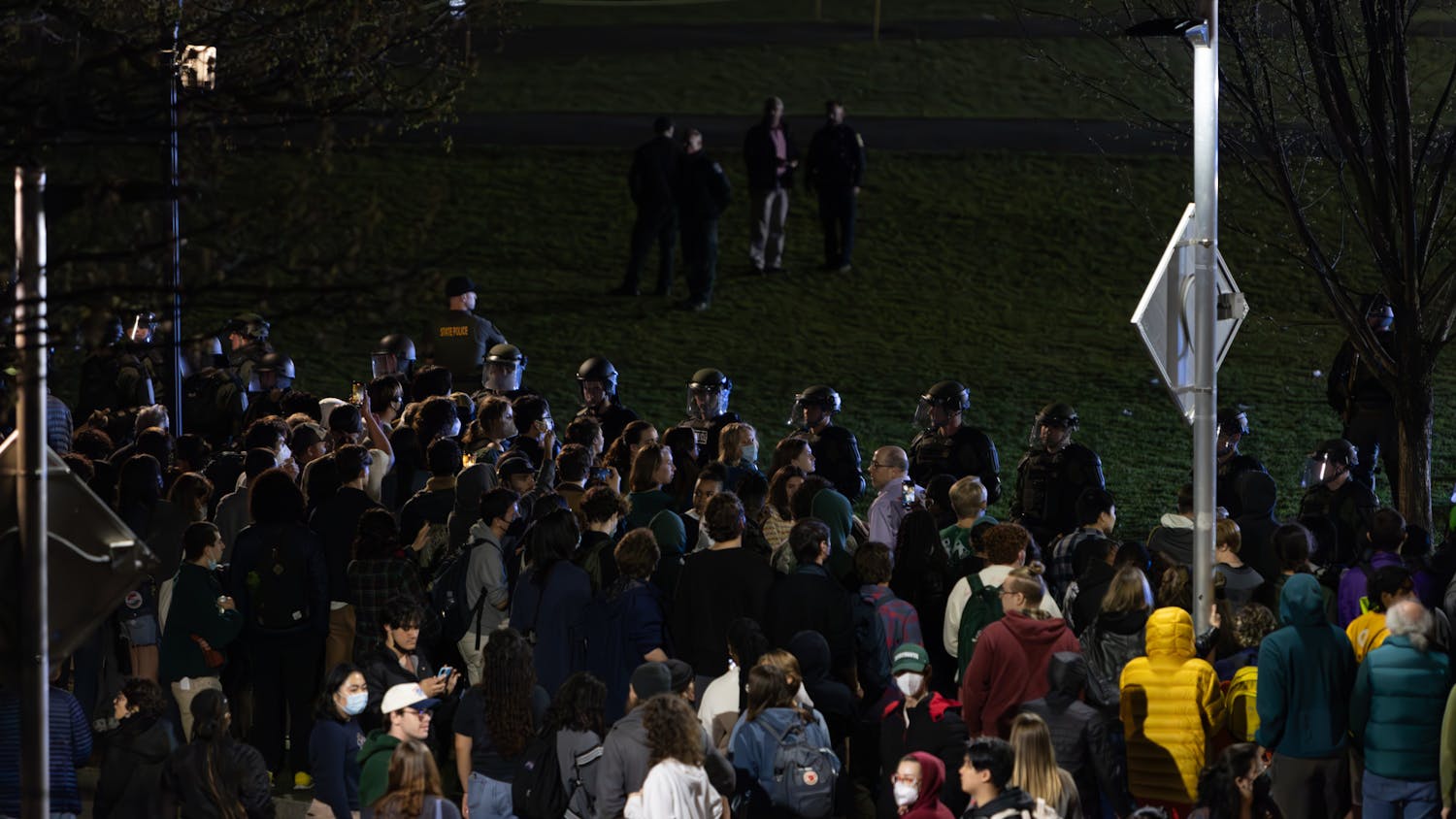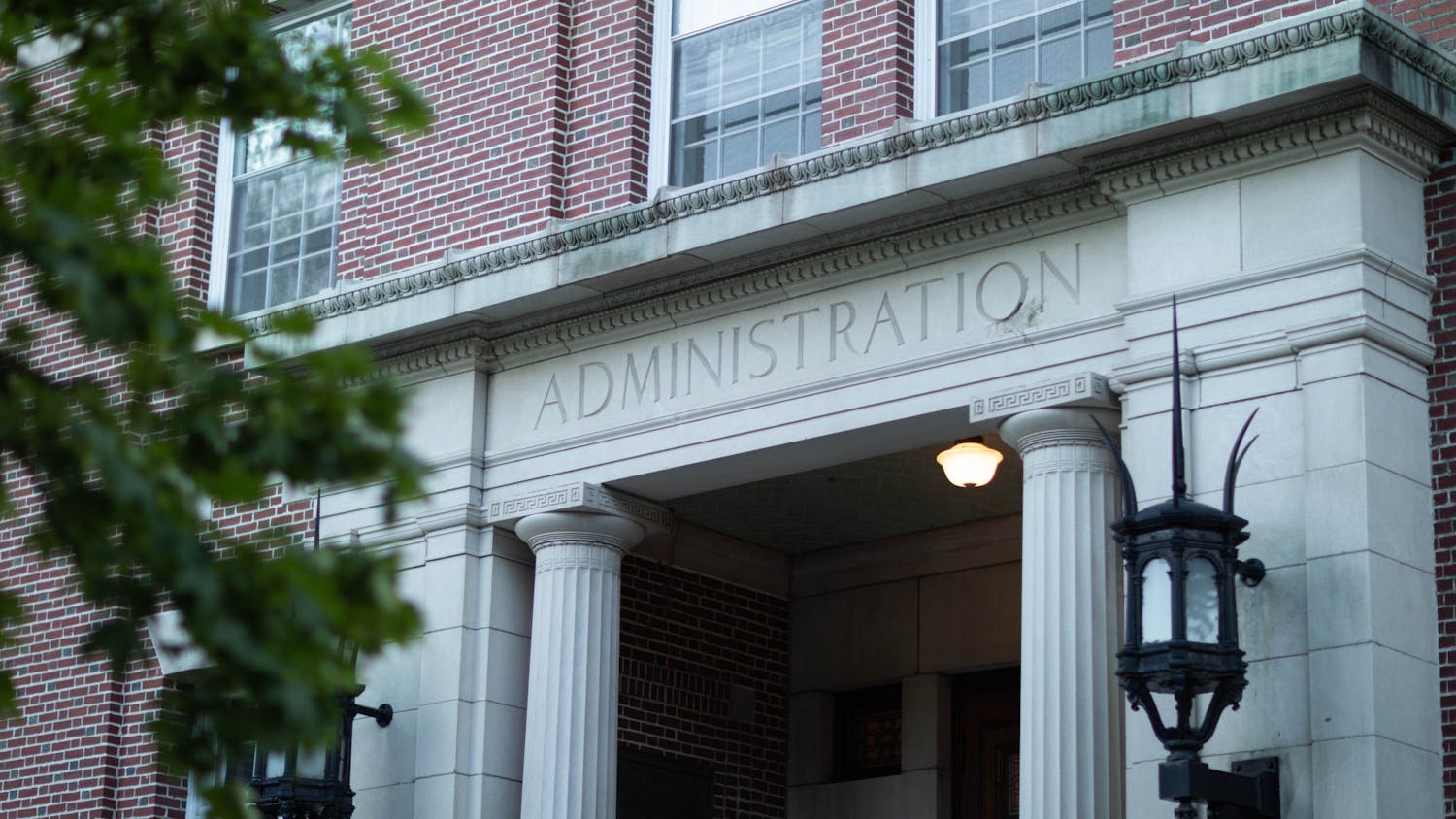The U.S. Department of Education announced that 25 percent of students who took out federal loans to pay tuition at for-profit colleges have defaulted on their loans within three years of beginning repayment, The Washington Post reported. The default rate among students rose from 21 percent in December 2009, according to the new federal report that will be published Friday, The Post reported. The federal government is currently reviewing proposed regulations intended to address the issue. Many of the for-profit higher education institution leaders oppose the proposal, which would require colleges and universities to help students find employment, according to The Post. In order to remain eligible to receive federal funding for financial aid, colleges cannot allow the default rates of their loans to rise above a certain level. The new report is only preliminary, however, and will not be used for enforcement purposes, according to The Post.
Police raided and ransacked the offices of the American University in Cairo Press a major Middle Eastern academic publisher in Tahrir Square on Friday, Inside Higher Ed reported. Tahrir Square has experienced frequent protests and police crackdowns as political tensions have risen throughout Egypt. The goal of the raid was to use the office's roof to fire on protesters below, the Press' editorial director Neil Hewison told Inside Higher Ed. While the police broke windows, computers and other items, no staff members suffered injuries and they are currently working to resume "normal operations," Mark Linz, director of the Press, said in an interview with Insider Higher Ed. Linz said he does not think that the police were specifically targeting the publishing company. The Press focuses coverage on social, political and economic issues in Egypt and the Middle East as well as Arabic literature and culture, according to Inside Higher Ed.
Students' tuition dollars have replaced state appropriations as the major source of revenue for many community colleges across the nation, The Chronicle of Higher Education reported. Higher education experts have recently expressed concern that changes in colleges' funding sources may influence their educational missions and force them to limit enrollment in expensive programs, such as those that train students to pursue careers in the growing fields of technology and health care, according to The Chronicle. The funding changes are particularly troubling for two-year institutions that enroll a large percentage of minorities and students from low-income families because such students often arrive with less scholastic preparation than those who attend four-year colleges, The Chronicle reported.



